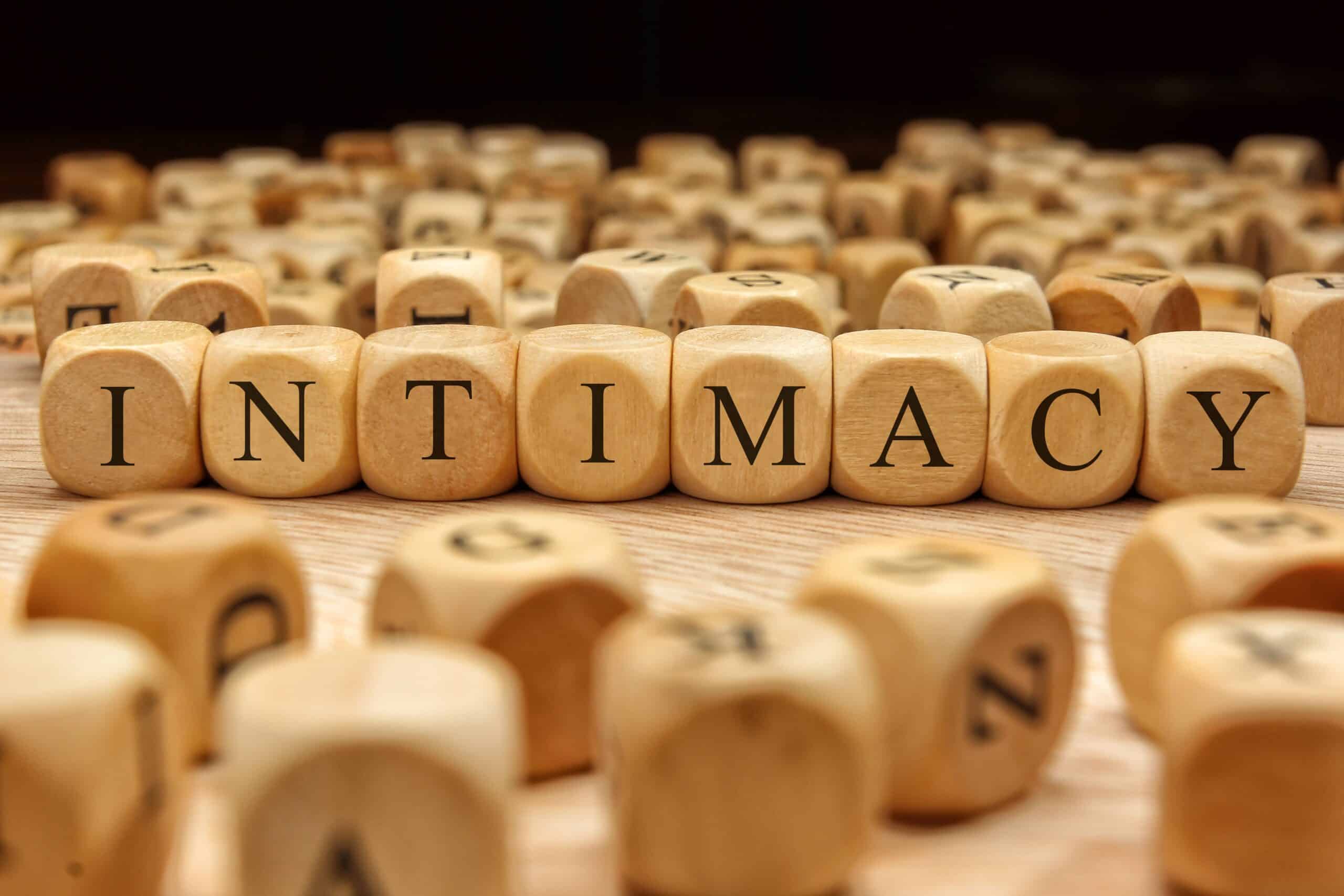
The Delicate Dynamics of Intimacy: How Early Relational Trauma Plays Out in Our Adult Relationships
Our capacity for empathy and closeness is formed and strengthened through the quality of our childhood relationships. From conception onwards, we resonate in tune or… Read More
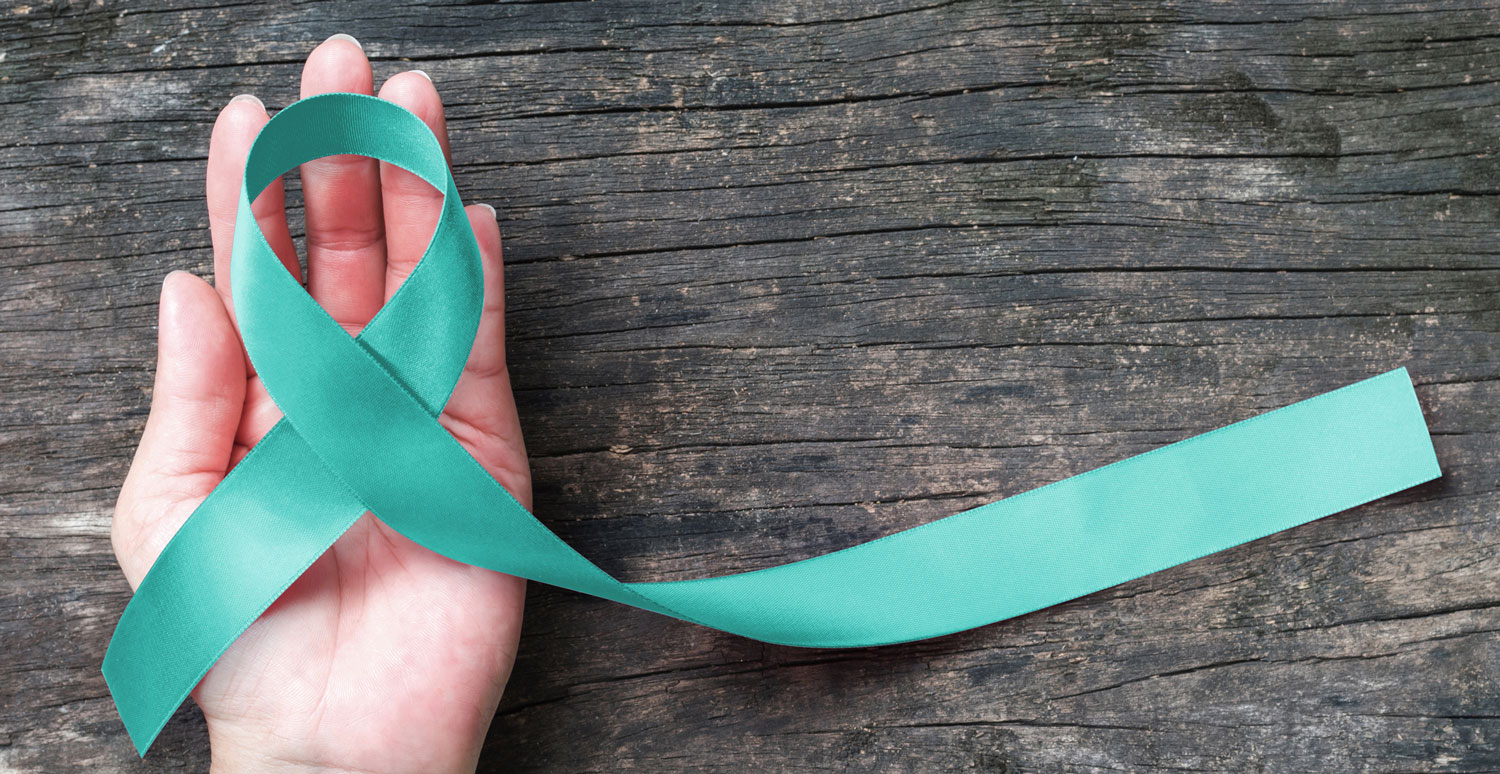
30 Things to Know During PTSD Awareness Month
My therapist prescribed me to drink more alcohol. I had described symptoms of posttraumatic stress disorder (PTSD), yet once again, the diagnosis was completely missed. Read More
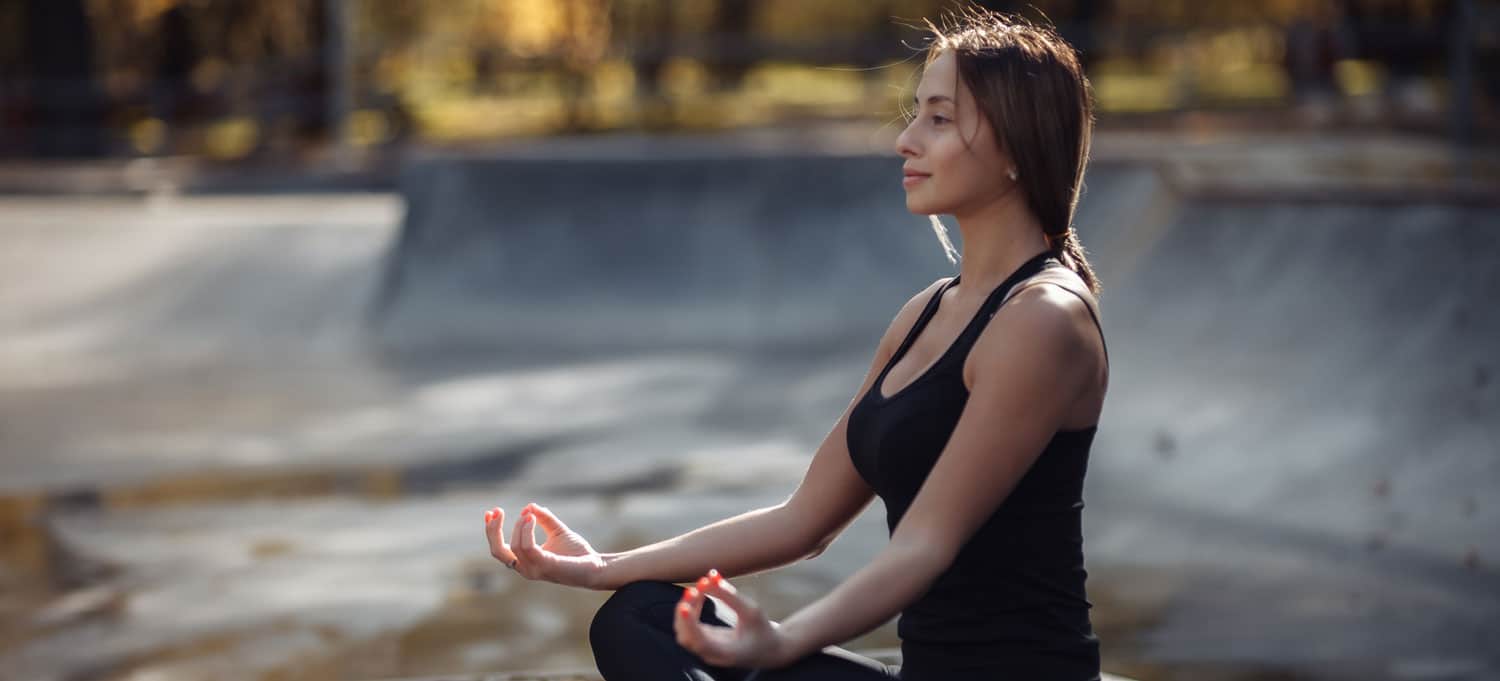
How PTSD Treatment Cured my Back Pain and More on the Mind-Body Connection
I was diagnosed with osteoporosis in my early twenties. Why were my young bones already losing tissue? Women who struggle with anorexia nervosa, like me… Read More

What is Child Abuse and Why Does Child Abuse Still Matter in Adulthood?
The Meadows specializes in treating trauma. Abuse is one form of trauma. Often times, childhood trauma that occurred because of child abuse is overlooked as… Read More
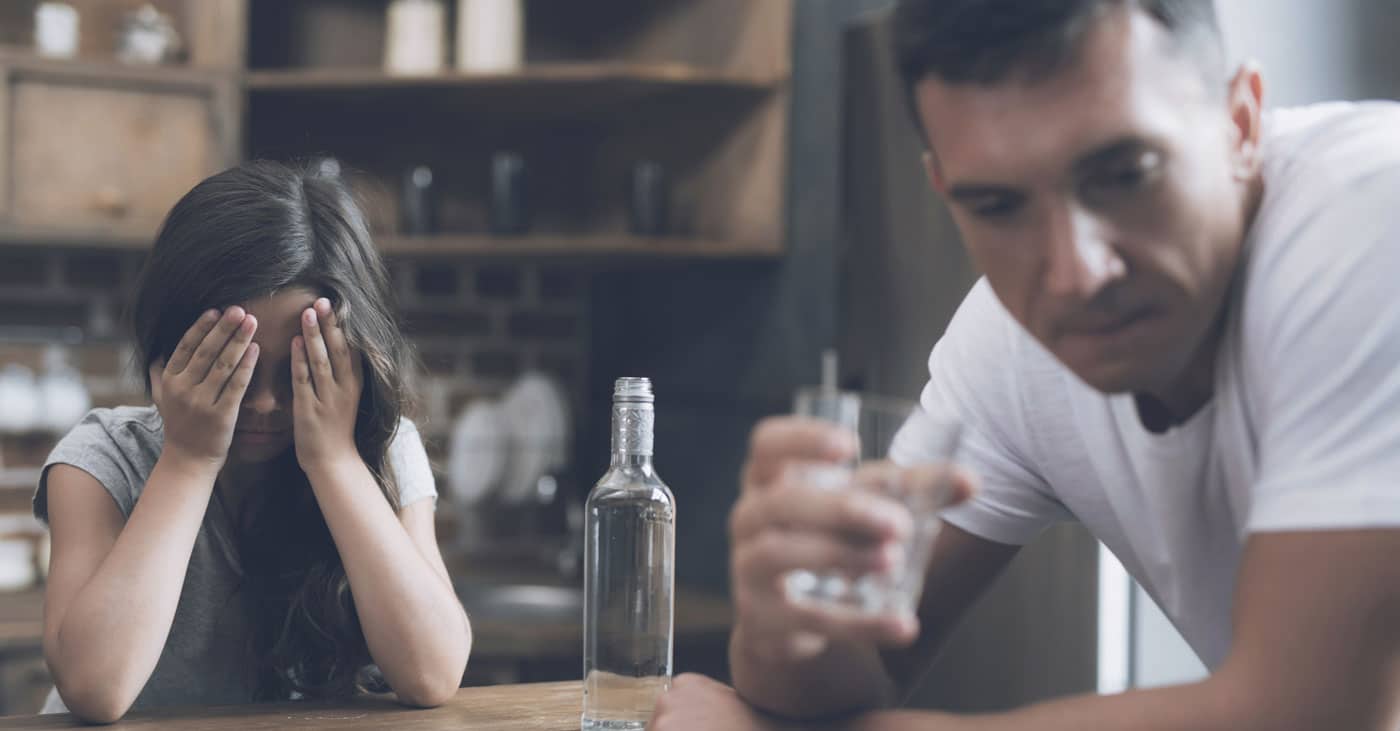
Growing Up With an Addicted Parent
I remember as a twelve year old, sitting alone in our living room after one of our by then typical family meltdowns …….trying to make sense… Read More

Healing the Roots of Women’s Sexual and Relational Struggles
Girls are often born into this world surrounded by messages about who they are supposed to be, and who they should become; Be cute. Smile. Be a nice girl. Just give them a hug. Don’t make a fuss. Suck in your belly. Be the ideal body type. Look sexy. Stay pure and innocent. Be good in bed. You can have it all if you do it this way. Read More
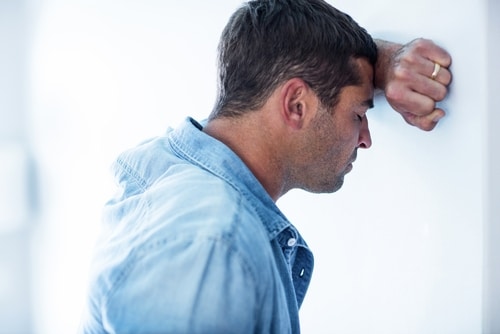
Do Religious Families Play a Role in Addiction?
Religious Families and Addiction Written by Thomas Gagliano, MSW In order to understand why religious families inadvertently and at times unintentionally create an environment where their children run to addictions rather than God as their coping mechanism, we must first begin by understanding the mindset of a child. When we look back on our childhood, we look back through adult lenses. Since then, we have grown by our maturity and life experiences, which may have distorted the truth of our childhood. Many of us carry messages that tell us we are bad children if we get mad at our parents or disagree with them. This message can have a profound impact on the way the person feels about himself or herself in adulthood. It is important to respect our parents but we can also have different opinions. A child needs to feel their opinion is important to their parents or the child may feel he or she isn’t important. Validating and acknowledging a child’s feelings is essential if they are to have self-worth. If children are afraid to share their true feelings and doubts in fear of reprisal then who can they trust? All of these messages set up the destructive entitlement that leads to addiction. It’s no coincidence that most addictions begin before the age of 18. Read More
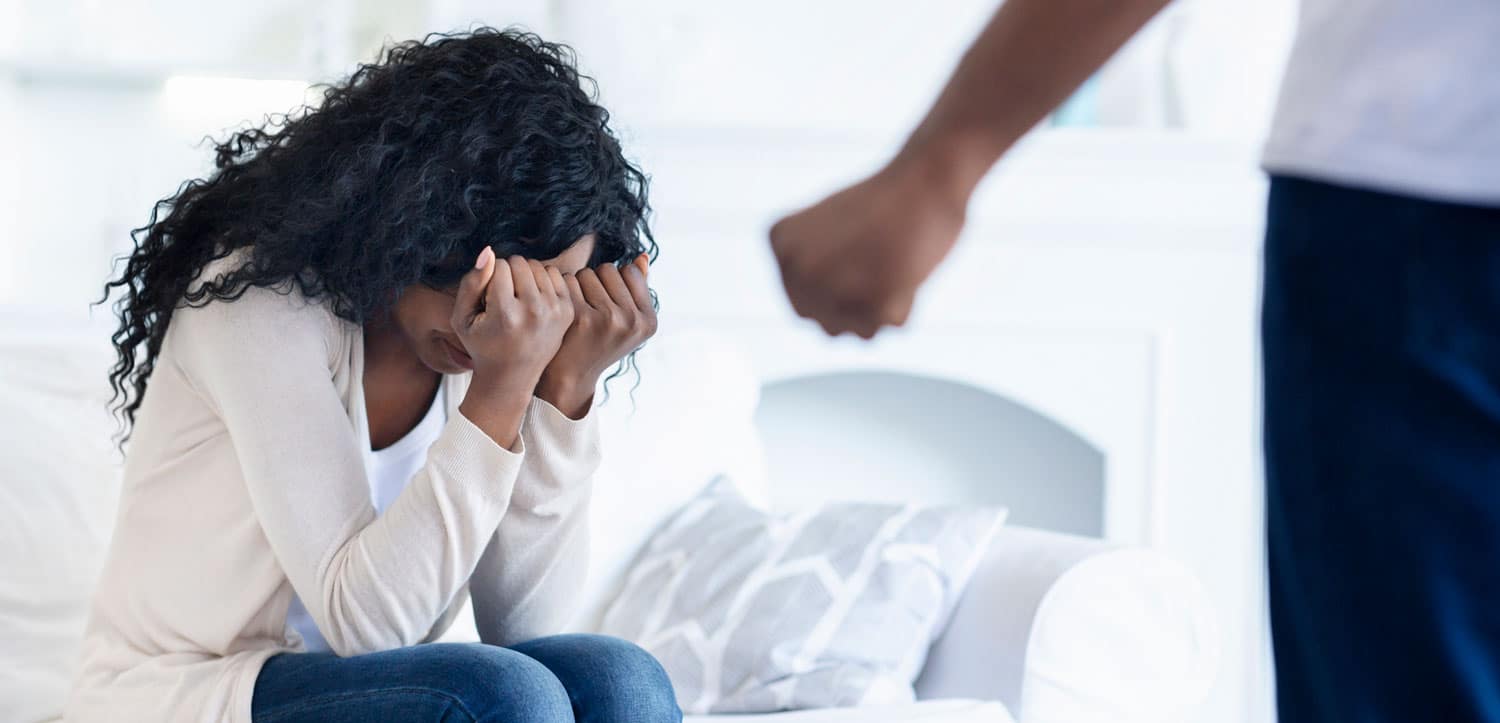
Intimate Partner Violence and Love Addiction
By Rebekah Givens, Behavioral Health Technician, Willow House at The Meadows Imagine that what you crave more than anything else in the world is love and acceptance. Now, imagine that throughout your life you have continually tried to earn the love of others, yet your efforts come up empty time and again. Read More

What’s Love Got To Do With It?
By Jean Collins LCSW, LISAC, CSAT, Executive Director of Rio Retreat Center at The Meadows What is love addiction and love avoidance and… Read More
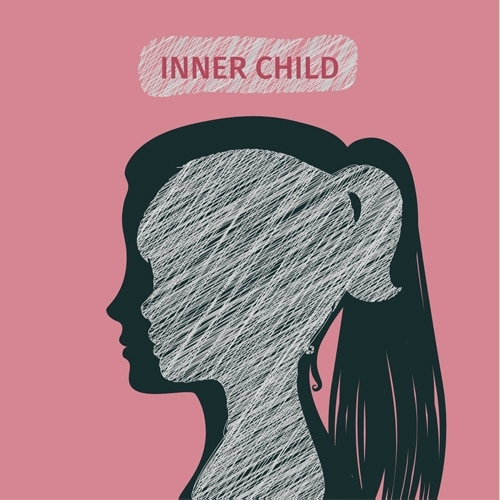
The Unconscious and Sexual Acting Out
The Use of Psychodrama in Treating Sexual Addiction By Tian Dayton Ph.D., TEP Note: This article originally appeared on The Huffington Post. It is the body’s natural mandate to act; we are beings designed for movement and expression. It’s how we get around the world, communicate our feelings and thoughts, eat, sleep, cry, wail, kiss, dance and sing! We are conceived, carried, born and die all through our bodies. We feel our emotions physically; feeling, in fact, comes first. Before words enter the picture we are engaged in what Stanley Greenspan refers to as a “rich tapestry of gestures” and expressions that communicate our desires and feelings to others. Hopefully, there is a reciprocal response from another caring person so that we feel seen, heard and responded to. This is what lays down the fabric neurologically, emotionally and psychologically that maps our inner world and our capacity for intimacy, communication and connection. Read More
